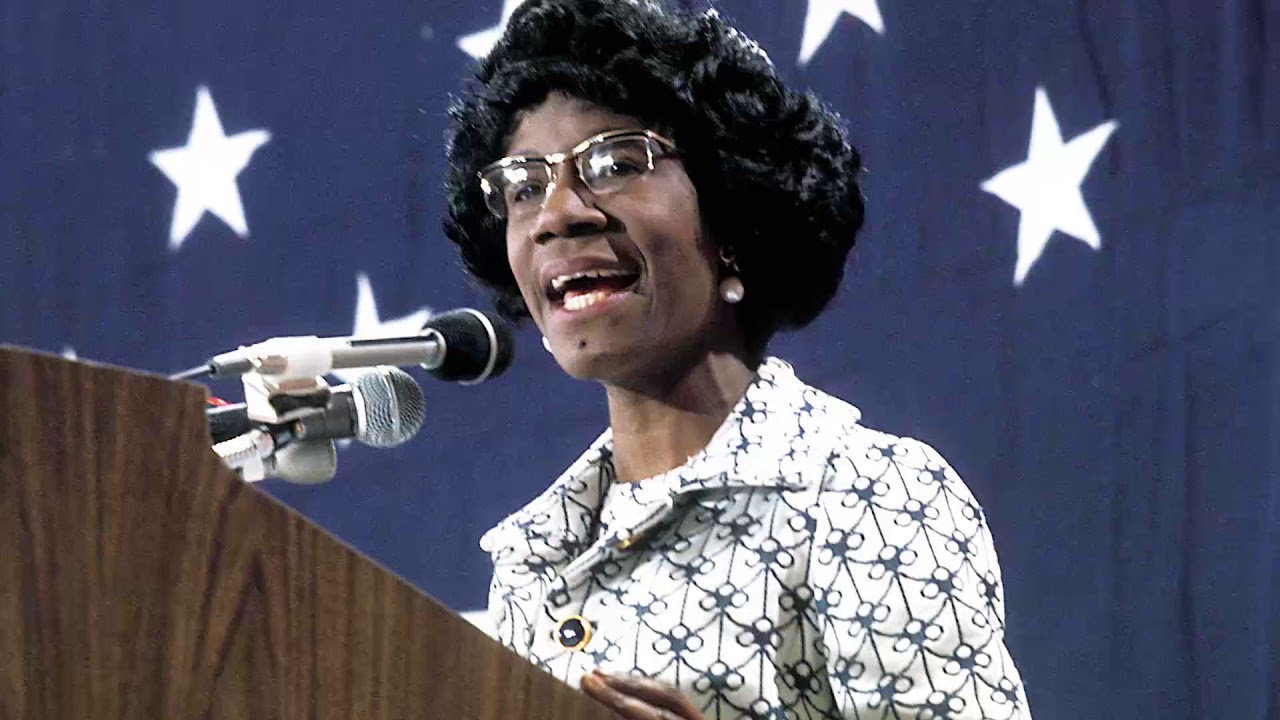Black History Month is a time of celebrating the historical contributions of African Americans. The celebration has existed since the early seventies as a celebration of the achievements in the African-American community, particularly within the social, political and cultural frameworks of American life. The first known Black History Monthcelebration took place at Kent State University in Ohio among students and educators in 1970.
In 1976, President Gerald Ford called all citizens of the United States to recognize Black History Month and “the too-often neglected accomplishments of black Americans in every area of endeavor throughout our history.” Communities, organizations, educational institutions and more joined him in the opportunity to celebrate the achievements the black community had made.
Barbara Sharief Reflects on Black History Month
Former Broward County Mayor Barbara Sharief has a personal connection with Black History Month as it relates to her life and career. She was the first African-American female mayor Broward County had seen in 100 years. She currently serves as a County Commissioner.
Well before the 1970s, there were political activists and leaders taking a stand for the rights of African-Americans around the country. Many of them dedicated their lives to improving the political, social, and economic conditions African-Americans were facing at the time. Here are five leaders who have made great strides in their efforts to achieve equality for African-Americans.
Ella Baker
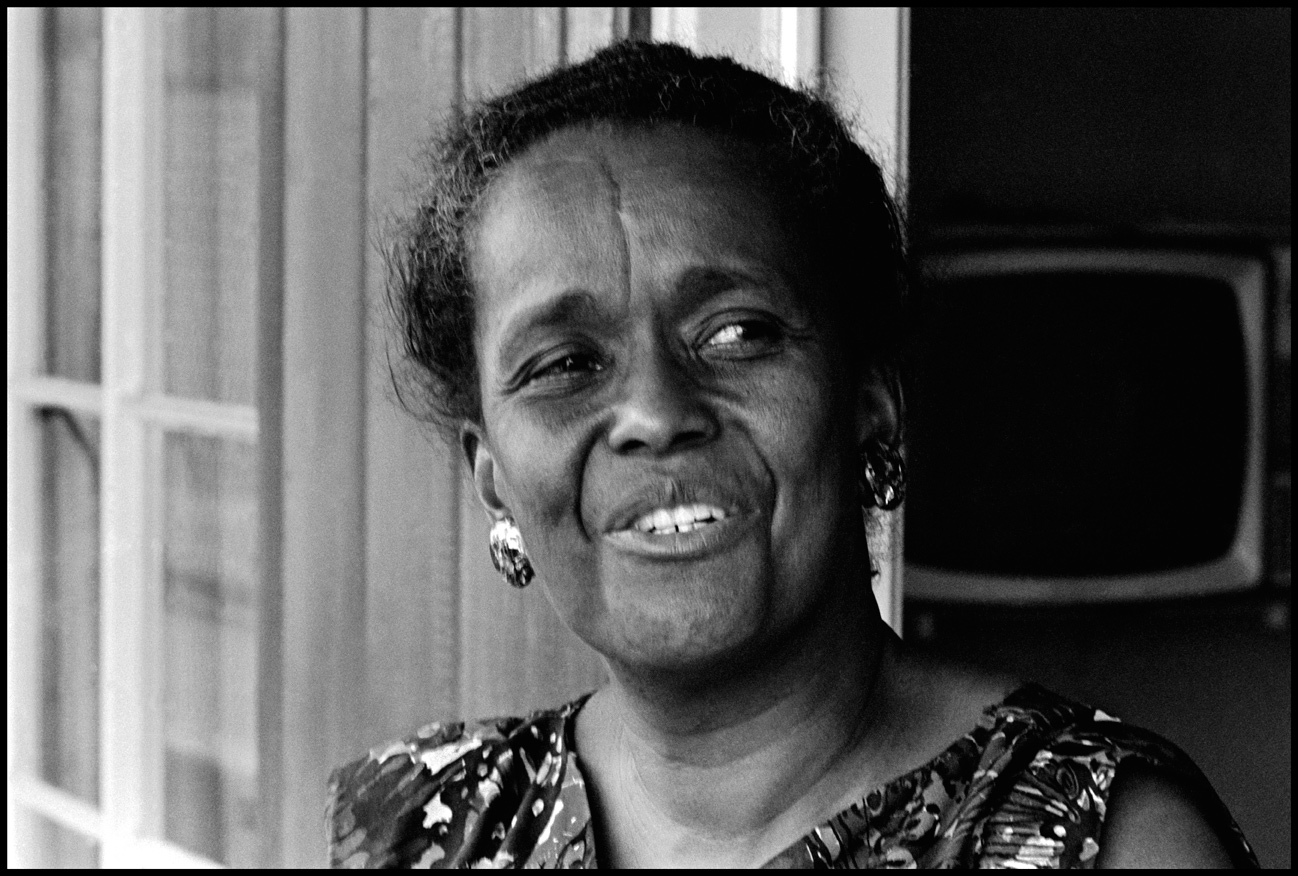
Ella Baker
Graduating as a valedictorian in 1927 from Shaw University in Raleigh, North Carolina, Ella Baker is known for her involvement in some of the most influential civil rights groups of the 20th century. She had major roles in the National Association for the Advancement of Colored People (NAACP), the Southern Christian Leadership Conference (SCLC), and Student Nonviolent Coordinating Committee (SNCC).
According to Time, Baker helped local leaders create moving and effective campaigns to end lynching and call for more job and training opportunities for African-Americans. Baker saw to it that the people she spoke to and mentored were able to discover their own potential. “I found a greater sense of importance by being a part of those who were growing,” Baker told filmmaker Joanne Grant in her film, “Fundi: The Story of Ella Baker.”
Shirley Chisholm
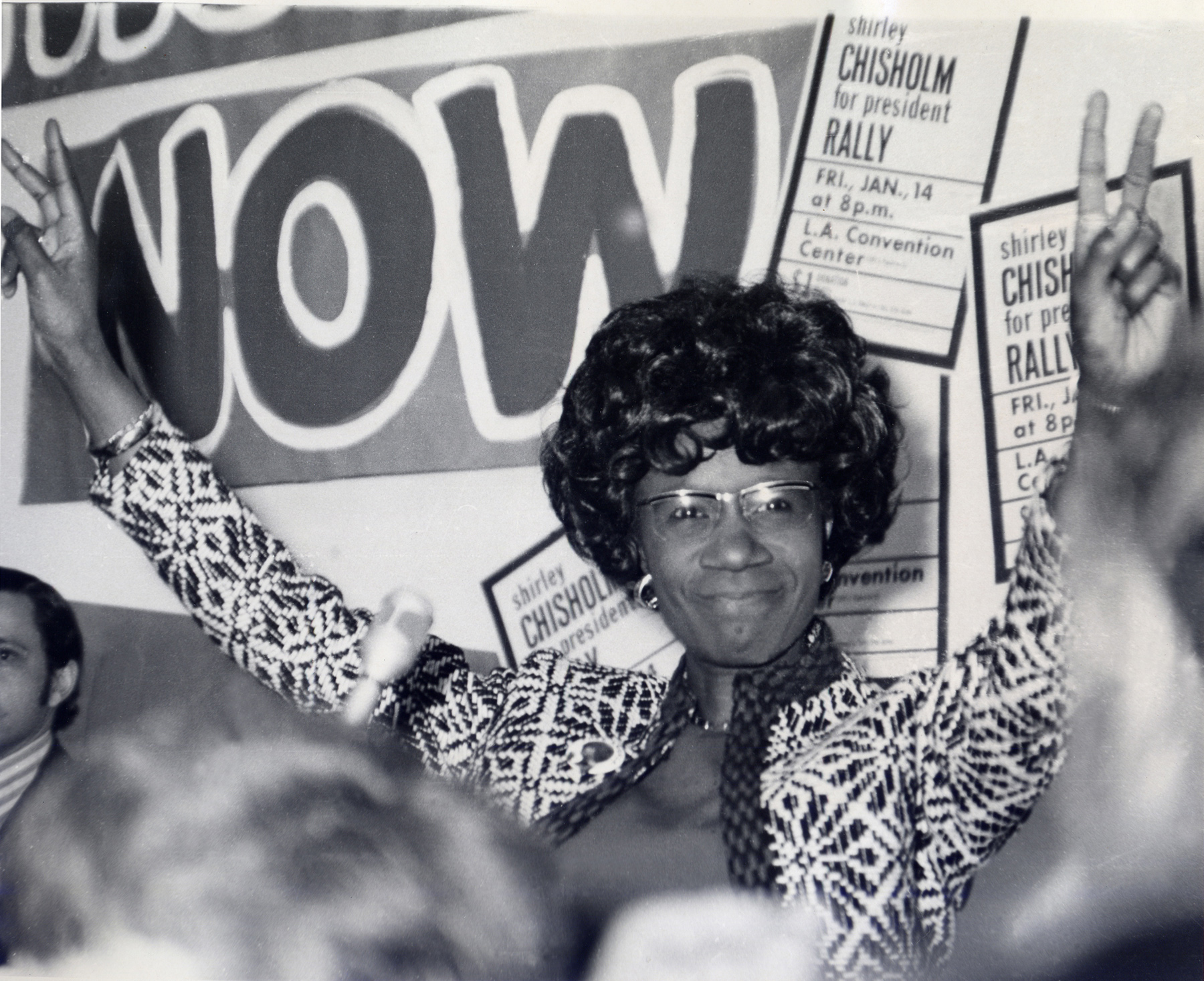
Shirley Chisholm
Born in Brooklyn in 1984, Chisholm knew she was destined to be somebody. She was sent to live with her grandma in Barbados at the age of 5, and as a result, she had a British-based school experience to which she attributed her success in education. She ran a nursery while she obtained her Masters Degree in Elementary Education, and soon became an authority on all things education and welfare for children. From 1969 to 1983, she became the first black woman elected to the United States Congress where she served seven terms.
In 1972, she made history again by becoming the first black candidate for a major party’s nomination for President of the United States, as well as the first woman to run in the Democratic Party’s presidential nomination. Chisholm was once noted for saying, “I want to be remembered as a woman … who dared to be a catalyst of change.”
Dorothy Height
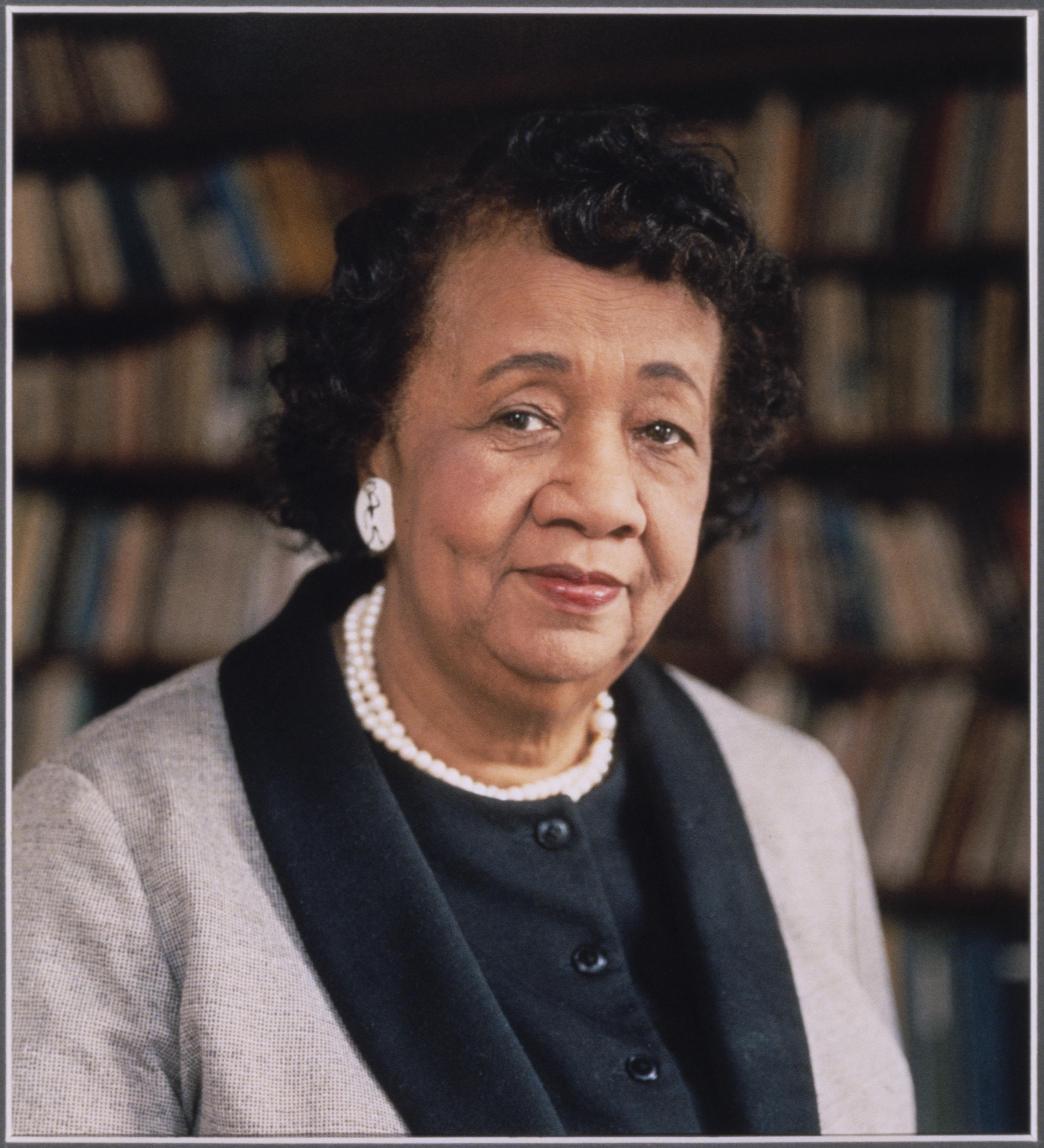
Dorothy Height
Deemed the founding matriarch of the U.S. civil rights movement by The Washington Post, Dorothy Height focused her efforts on creating and improving opportunities for African-American women. She was born in Virginia in 1912, and later moved to Pennsylvania with her family where she attended integrated schools. She became politically active at a young age and impressed many with her skill as an orator. She later served for 40 years as President of the National Council of Negro Women. Participating in marches and protests, Height helped pave the way for social change and equality in the African-American community.
Barbara Jordan
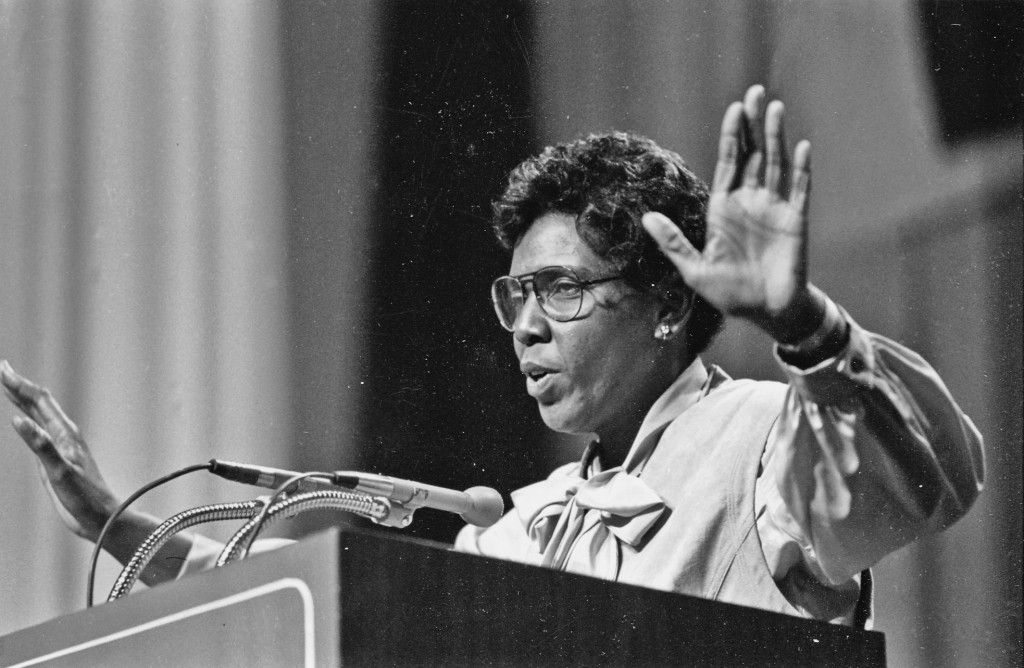
Barbara Jordan
Making waves as the first African-American Congresswoman to come from the South, Barbara Jordan was a lawyer and educator who was committed to holding her fellow Senate and Congress members responsible for improving conditions for constituents. Jordan was born in 1936 in Houston, Texas and grew up in a poor, predominately black neighborhood. Her parents pushed her to achieve great academic success, and in 1966 she became the first woman elected to the Texas Senate. She helped usher in the first minimum wage law Texas had ever passed, and she went on to serve 3 terms in Congress. She later taught at the University of Texas at Austin. In 1994, President Bill Clinton awarded Jordan with the Presidential Medal of Freedom, stating, “Barbara always stirred our national conscience.”
Michelle Alexander
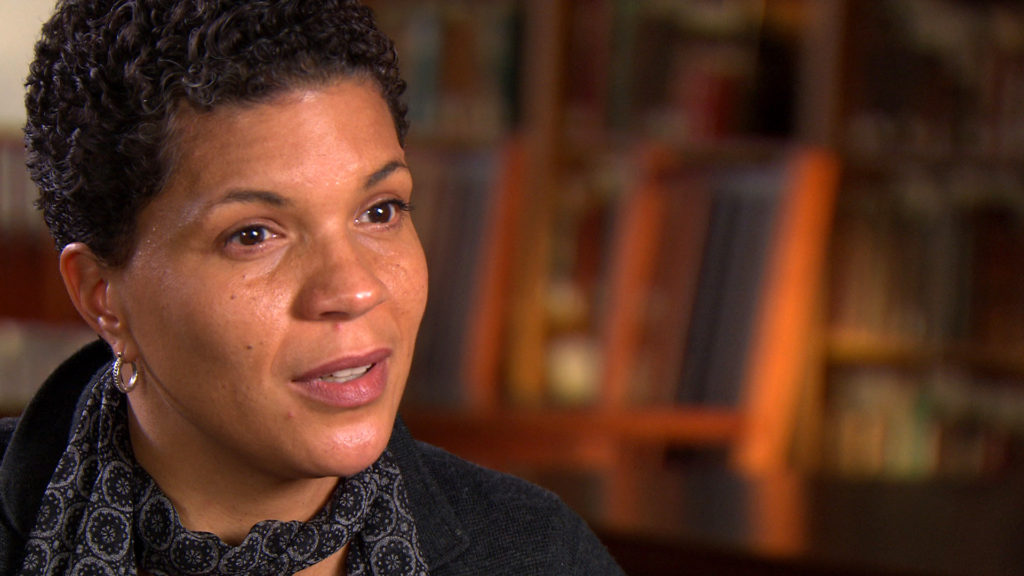
Michelle Alexander
As a civil rights lawyer and a professor at Ohio State University, Michelle Alexander is continuing the fight for civil rights today. In 2010, she penned the book “The New Jim Crow: Mass Incarceration in the Age of Colorblindness,” bringing forward the issue of mass incarceration and the disproportionately high numbers of African-American men being arrested every year. Her activism is making its way around the country, with musician John Legend even calling viewers to action at the Oscars. Alexander noted to The LA Times, “I think it’s fair to say that the future of American democracy itself may rest on whether we’re going to continue to dispose of poor people and people of color en masse, or treat them as though their lives actually matter.”
